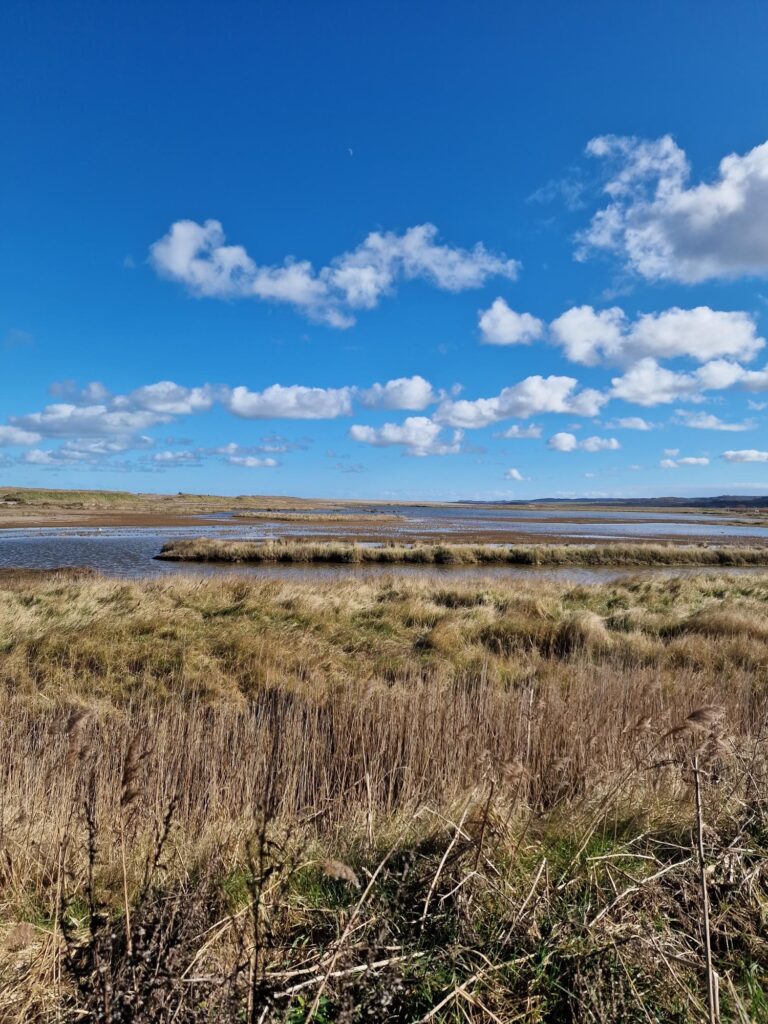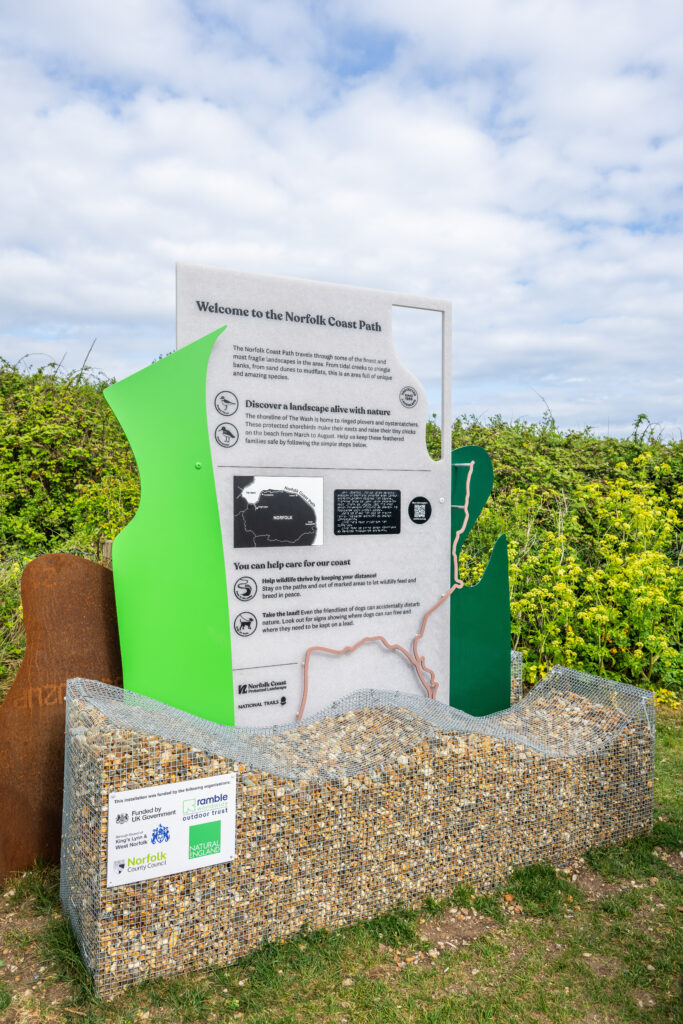A study from UEA in collaboration with the Norfolk Coast Partnership and the North Norfolk Coastal Group has revealed 2,093 recorded conservation priority species across the Norfolk Coast.
The team collated more that 5.5 million species records which were then analysed alongside farmers, taxonomists, site managers and conservations bodies. A total of 14,906 species were found to have been recorded since 1980 including 2,093 conservation priority species (species listed as scarce, threatened or designated).
The audit demonstrates how habitats and ecological networks can be created to protect and enhance wildlife across our protected landscape.
It also highlights that many of our priority species live in tiny areas of our landscape, such as fens, chalk grassland, heathland, and ancient woodland, that only make up about 2% of the audited area overall. This raises potential for opportunities to extend these invaluable habitats in places such as farmland and parks, to protect these species even further.
Professor of Conservation Ecology in UEA’s School of Environmental Sciences and one of the lead authors of the report, Professor Paul Dolman said “North Norfolk farmland has huge potential to support and expand biodiversity… we are really focusing on what farmers can do on farmland, focusing on the 27% of rare priority species that are already supported on farmland, and looking at the key prescriptions to support them.”
The hope is to create blocks of high-quality habitat such as woodland, scrub, grassland and wetland and linking them through transformed farmland landscapes that have cultivated field margins, high quality hedges and ponds. This should be able to support a great deal of species that are not currently being supported in farmland as well as encouraging wild plants to grow and attract rare insects that are vital to the area.
Restoring ponds and rivers is another key outcome of the audit and a high priority for nature recovery. You can read more about the restoration of two of Norfolk’s rare chalk rivers here.



